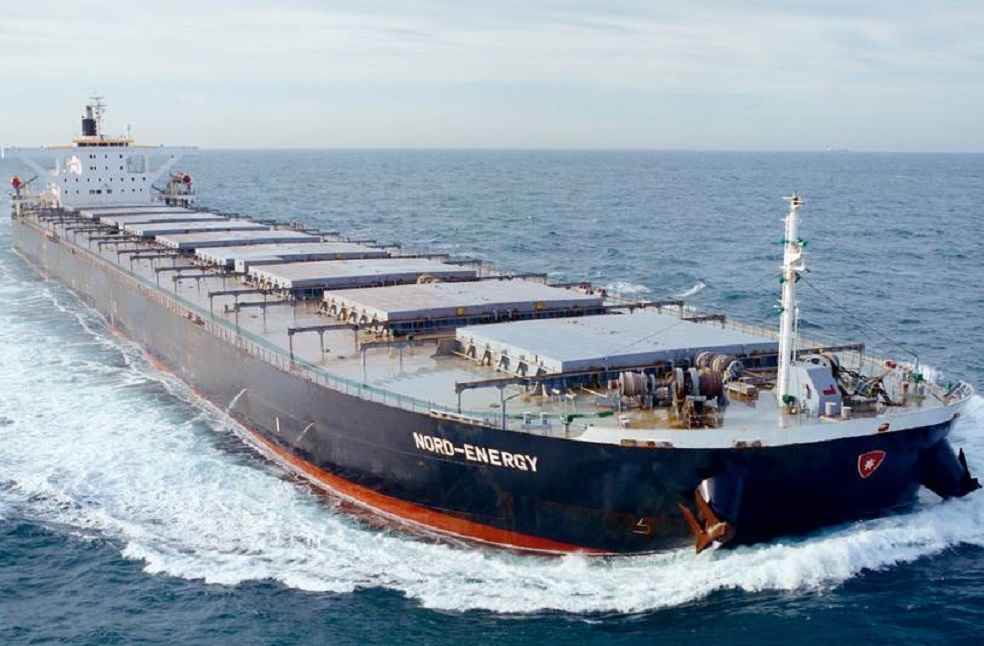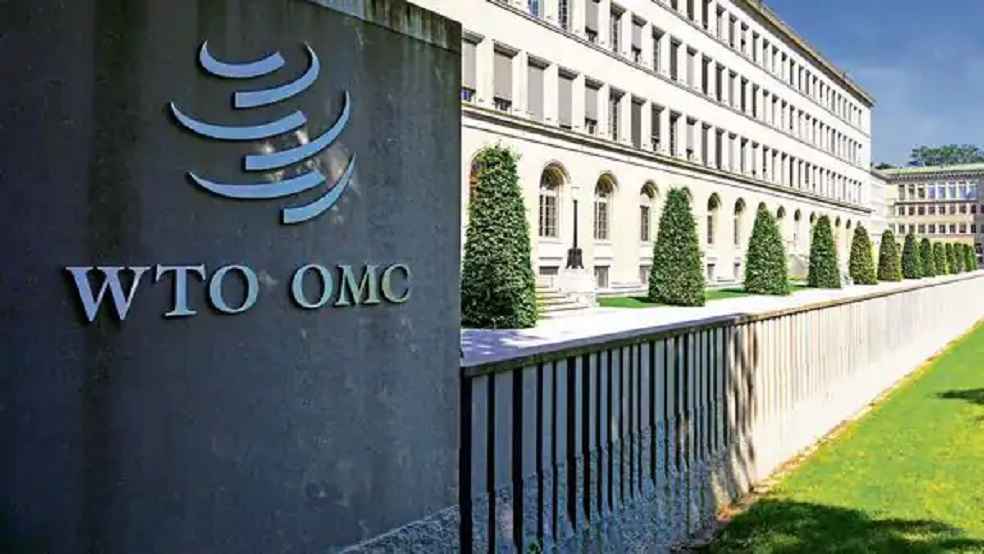The World Trade Organization (WTO) has raised concerns that growing conflict in the Middle East could further disrupt global shipping and lead to higher energy prices, given the region’s vital role in petroleum production. These increases would hamper economic growth in fuel-importing countries and indirectly affect global trade, even as WTO anticipates a gradual recovery for trade in 2024.
While the disruptive impact of the Red Sea conflict has been contained so far, WTO cautions that an escalation could affect other key shipping routes. Maritime transport, which accounts for over 80% of international trade by volume, remains the primary means of moving goods globally.

“We remain vigilant of potential setbacks, particularly the potential escalation of regional conflicts like those in the Middle East. The impact could be most severe for the countries directly involved, but they may also indirectly affect global energy costs and shipping routes,” said WTO Director-General Ngozi Okonjo-Iweala. She added that the WTO is also concerned about the humanitarian toll of the ongoing conflicts.
Since November 2023, commercial ship attacks in the Red Sea and Gulf of Aden—handling about 15% of global trade—have seriously impacted shipping routes. Many carriers have rerouted their vessels around the Cape of Good Hope, causing daily traffic through the Suez Canal to drop by over 60%. For most routes, rerouting results in only minor delays, but the Asia-Europe route faces extended travel times of 6 to 25 days compared to the Suez Canal passage.

WTO Chief Economist Ralph Ossa noted that while the latest trade forecasts for 2024 and 2025 show only modest revisions, these projections do not fully reflect some important regional changes. Europe’s trade volume data, for instance, have been revised downward since 2020, with notable adjustments to GDP forecasts by region. North America, for example, saw a 0.4 percentage point upgrade in its growth forecast, which could influence trade dynamics elsewhere.
In Africa, export growth aligns with global trends, but a greater-than-expected weakening of Europe’s imports—Africa’s main trade partner—has led to a downward revision of the continent’s forecast.
ORGANIZATIONS NEWS | WTO Predicts Gradual Trade Growth in 2024-2025 Despite Geopolitical Risks



